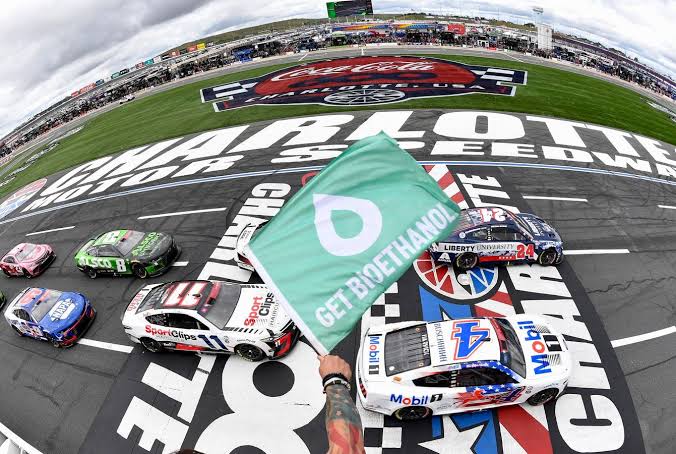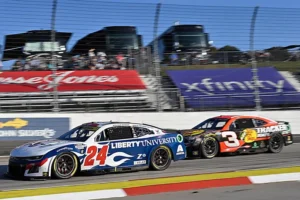
Significant financial difficulties that NASCAR is currently facing have resulted in operational reorganization and layoffs throughout the whole organization.
As NASCAR works to resolve its financial problems, almost 5% of its workers has been let go.
Many departments were impacted by the layoffs, including Iowa Speedway workers, where the majority of staff members were let go and operations were consolidated to reduce expenses.
The purpose of these layoffs is to simplify NASCAR’s operations in the wake of its merger with International Speedway Corp. (ISC), which gave it management of multiple tracks.
The revenue sharing scheme used by NASCAR, which many teams have deemed unfair, is connected to the organization’s financial difficulties.
To maintain their viability, teams have been arguing for a more equitable revenue-sharing arrangement.
The existing approach, in which teams mostly rely on sponsorships to pay their budgets, is unsustainable, according to 23XI Racing shareholder Curtis Polk.
Normally, sponsorship pays for 60% to 80% of a team’s expenses, but getting these agreements has grown more difficult.
NASCAR has introduced the Next Gen vehicle as one of several cost-cutting initiatives in reaction to these financial constraints. Still, some teams are losing money even with these efforts.
In an effort to improve the revenue-sharing mechanism, the Race Team Alliance (RTA), which is made up of several teams, has been working with NASCAR.
The teams felt that NASCAR’s original counteroffer, which contained small revenue increases and more cost-cutting measures, was insufficient.
Consequently, several teams have found that their only remaining means of cutting expenses is to implement layoffs.
NASCAR is facing serious financial and operational difficulties at a crucial juncture, as its current broadcast agreements and charter agreement are scheduled to expire at the end of the 2024 season.
Negotiations are still on, but the RTA has suggested a new revenue-sharing structure to guarantee the team’s viability and durability.
The teams are advocating for a system that would offer greater financial security, akin to the franchise models employed by other sports leagues such as Formula One and the NBA.
All things considered, NASCAR’s current predicament highlights the necessity of a revamped business model to guarantee the sport’s long-term viability.
The result of these discussions will probably have a big impact on NASCAR’s and its teams’ future.







